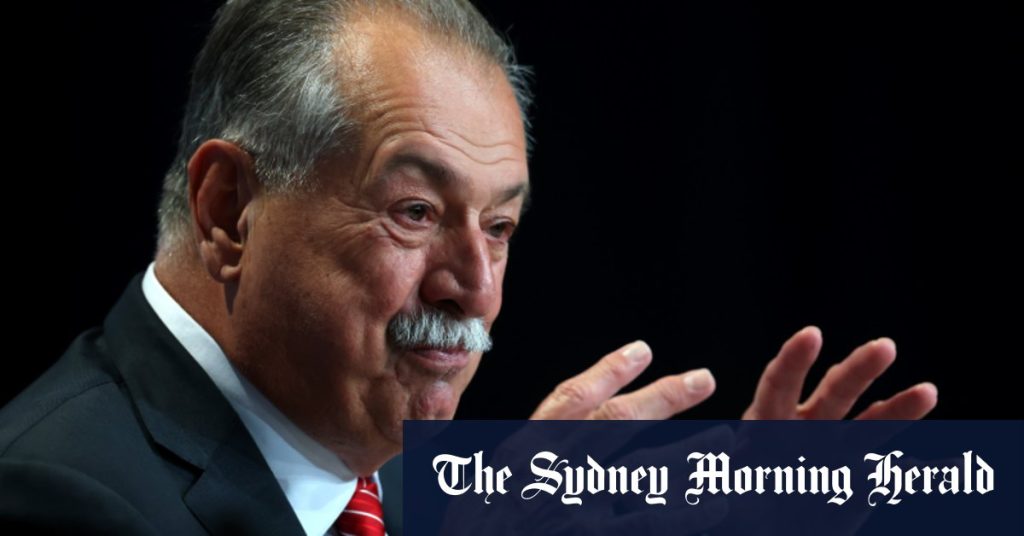Liveris emphasized the importance of considering potential venue revenue just as much as project costs when planning for the Brisbane 2032 Olympics. He highlighted the impact of having a right-size stadium, such as the Stade de France, on generating revenue from large crowds and sponsors. While the final decision on the venue is pending, Liveris noted that Brisbane 2032 was in great shape overall, with decisions on Brisbane Arena almost finalized, leaving the athletics location as the main focus. He also mentioned that feedback from sporting federations in Paris indicated they would be satisfied with whatever decision was made by Queensland and government officials.
On the other hand, LNP leader David Crisafulli expressed his opposition to the QSAC option for Brisbane’s future needs, describing it as a poor choice that lacks support from Queenslanders. He criticized Premier Steven Miles for backing the QSAC plan and suggested that there might be regrets over that decision. Despite his stance against QSAC, Crisafulli did not offer an alternative solution during his media conference, leaving the door open for further discussions and planning in the future.
An additional perspective on the issue came from Labor, with Miles defending the QSAC option as the best value for money. He accused the LNP of supporting the construction of a new stadium without transparency or public input, highlighting the differences in approach between the two parties. The debate around the best venue for the Brisbane 2032 Olympics reflects the complex considerations involved in planning such a major event, including cost, revenue potential, public support, and long-term benefits for the community.
Liveris mentioned that decisions on the major venues for Brisbane 2032 were expected to be finalized by the end of the next year, with the focus currently on determining the best location for athletics events. He compared the progress of Brisbane 2032 planning to that of the Paris Olympics organizers, who were also in the process of finalizing venue decisions. The importance of having the right-sized venues to maximize revenue and create a memorable experience for spectators was underscored by Liveris, highlighting the key considerations driving the decision-making process for the upcoming Olympics.
Overall, the discussions around the QSAC option for Brisbane 2032 highlighted the varying opinions and priorities of key stakeholders in the planning process. While Liveris emphasized the importance of revenue generation and venue suitability, Crisafulli raised concerns about public support and alternative options for the Olympics venues. The contrasting viewpoints of the parties involved, including Labor and the LNP, reflect the complexity of decision-making for a major event like the Olympics, where multiple factors must be carefully considered to ensure the success and sustainability of the project. As Brisbane progresses towards hosting the 2032 Olympics, further dialogue and collaboration will be needed to address the various challenges and opportunities that arise during the planning and implementation phases.













